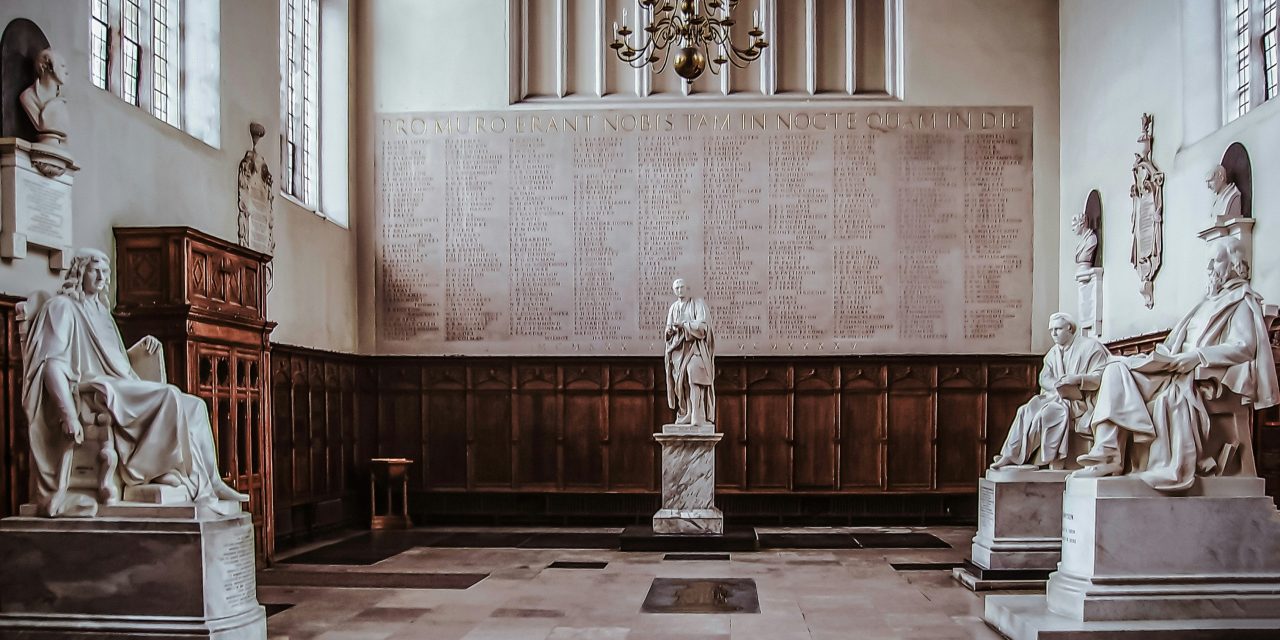For physics students, balancing academics and lab work in college can be a tough challenge. Both aspects of a physics education are critical—lectures and coursework provide the theoretical foundation, while lab work offers practical experience that brings those concepts to life. However, managing time between these two demanding areas can be overwhelming. Here are some practical strategies that can help students succeed in balancing academics and lab work effectively.
1. Develop Strong Time Management Skills
Time management is key when it comes to balancing the rigors of academic coursework and lab responsibilities. Encourage students to plan their schedules by setting aside time for attending lectures, studying, completing assignments, and working in the lab. Using a calendar or time management app can help students visualize how much time they have and prioritize their tasks accordingly. Breaking down larger projects into smaller, manageable tasks can make the workload feel less overwhelming.
2. Stay Organized
Physics lab work often involves multiple steps, data collection, and detailed reports. Staying organized is crucial for keeping track of experiments, data, and assignments. Suggest that students maintain a well-structured lab notebook to document their experiments, observations, and results. Additionally, students should use folders (digital or physical) to store their notes, assignments, and research materials for their academic courses. This helps prevent losing important data and ensures that lab reports are accurate and well-documented.
3. Connect Theory with Practice
One of the best ways to excel in both academics and lab work is to find connections between theoretical knowledge and practical application. Physics labs are designed to help students see the real-world implications of the concepts they learn in lectures. Encourage students to review their notes before lab sessions and think about how the experiments relate to the material they’re covering in class. This connection not only makes the subject matter more interesting but also enhances comprehension and retention of the material.
4. Make the Most of Lab Time
Lab sessions can be intense, and students are often expected to complete multiple tasks within a short amount of time. To maximize efficiency, students should come to the lab prepared. Reviewing the lab manual ahead of time, understanding the objectives of the experiment, and knowing the steps involved can help students stay on track and avoid mistakes. Additionally, working with lab partners or in teams can provide valuable support and help divide tasks, leading to more productive lab sessions.
5. Prioritize Rest and Self-Care
Burnout is a real concern for college students balancing demanding academic schedules. Remind students that getting enough rest and taking breaks is essential for staying sharp and focused, especially when dealing with the mental and physical demands of lab work and coursework. Proper sleep, exercise, and time to relax can help students maintain their energy levels and avoid stress-induced mistakes, both in the lab and during their academic studies.
6. Use Available Resources
College students often have access to numerous resources designed to help them succeed in both academics and lab work. Encourage students to make use of tutoring services, office hours with professors, study groups, and online resources to reinforce their understanding of difficult concepts. For lab work, students can benefit from reviewing instructional videos, lab manuals, and other materials provided by their instructors. Staying engaged with available resources can help students feel more confident and prepared.
7. Don’t Be Afraid to Ask for Help
Sometimes, the workload can become overwhelming, and students may struggle to balance everything on their own. Encourage students to ask for help when they need it—whether it’s seeking advice from professors, asking questions during lab sessions, or collaborating with peers in study groups. Being proactive about seeking support can make a significant difference in their ability to manage the demands of both academic and lab work.
Conclusion
Balancing academics and lab work in college physics requires careful planning, strong organizational skills, and the ability to connect theory with practice. By managing time effectively, staying organized, and making use of available resources, students can succeed in both aspects of their education. Remind students that while the workload can feel challenging, learning how to navigate both academics and labs will prepare them for future success in their physics careers.

